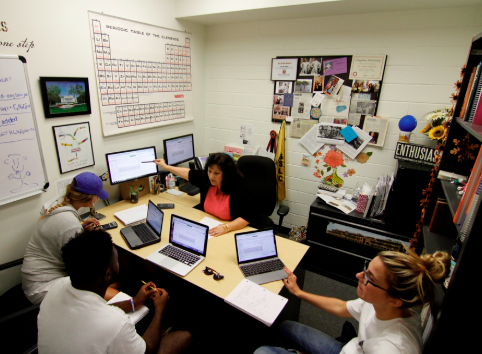Office hours provide a valuable opportunity for students to build relationships with their professors, seek academic support, and gain insights beyond the classroom. Knowing how to make the most of these sessions can lead to better understanding of course material, improved performance, and a stronger academic network.
Preparation is key to maximizing office hours. Before attending, students should review their notes, identify specific questions, and gather any materials related to their concerns. This might include assignments, readings, or feedback on past work. Coming in with clear objectives shows respect for the professor’s time and allows for a more focused and productive conversation.
Being punctual and professional sets a positive tone. Arriving on time and showing courtesy reflects maturity and initiative. If office hours are virtual, students should ensure their technology is working properly and choose a quiet environment for the conversation.
During the meeting, students should be honest about what they understand and where they are struggling. Professors appreciate when students show effort and engagement, and they are often more than willing to clarify concepts, offer study tips, or suggest additional resources. Asking open-ended questions like, “Can you explain this concept in a different way?” or “What strategies do you recommend for tackling this assignment?” can lead to deeper discussions.
Office hours are also a chance to learn more about a professor’s field of expertise, research opportunities, or academic paths. Students interested in graduate studies or internships may find guidance and mentorship by building a rapport with faculty members. These connections can lead to recommendation letters and long-term academic support.
After the meeting, taking notes and applying the advice shared can reinforce learning and demonstrate progress in future interactions. Following up with a brief thank-you message also shows appreciation and professionalism.
In summary, using office hours effectively requires preparation, openness, and consistent engagement. By approaching these sessions with purpose and respect, students can gain academic clarity, strengthen relationships with instructors, and set themselves up for long-term success.













